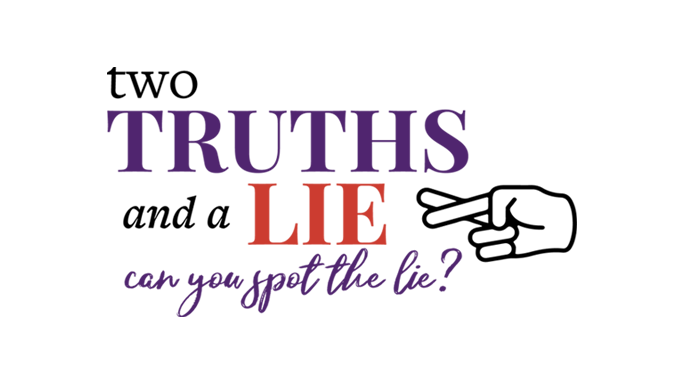Election Day is finally here. The COVID-19 pandemic posed additional challenges for our election processes this year as Americans worked to make voting accessible, fair, secure, and safe. How much do you know about the 2020 presidential election and pandemic precautions?
Everyone loves the party game two truths and a lie. Test your knowledge by guessing which one of the following statements is false:
A. The U.S. doesn’t have one, single national election, but 51 elections in the states and D.C. to determine who wins the Electoral College.
B. The results of presidential elections are usually finalized on election night or next day.
C. While voter fraud is rare, it’s more common with mail-in voting, which more states are using more heavily this year in order to reduce the spread of COVID-19.
A. TRUE. The U.S. doesn’t have one, single national election. Instead, we have 51 elections in the states and Washington, D.C. When voters cast our ballots in our states, we are actually voting for electors to the Electoral College. States manage elections, not the federal government. This is why voter registration laws, voting processes and procedures vary from state to state.
B. FALSE. The results of presidential elections are never finalized on election night or even the next day. When we watch TV on election night, the “results” we are seeing are not official, but simply media projections. States actually have several weeks to certify official election vote totals. This part of the process may take longer this year, with increased use of mail-in ballots. Then, the Electoral College votes in December, and Congress certifies the result of the Electoral College the first week of January. That’s when the election is really finalized.
C. TRUE. Nine states and D.C. mailed ballots to all registered voters this year in an effort to encourage mail-in voting and reduce the spread of COVID-19. Other states are making it easier to request a mail-in ballot. While the intention here is good, it comes with a serious risk to elections integrity. Mail-in voting increases the risk of fraud, abuse, and mistakes in counting vote totals. We all want our elections to have integrity (so that we have results that everyone can trust). While voter fraud is rare, many elections are close. In close elections, the integrity of each vote matters even more.
All Americans hope to know a definitive result in the 2020 presidential election soon, but we should all have patiences with poll workers and election officials in an unusual year. We should all also support precautions to secure elections against voter fraud and voter suppression. It is imperative that we count every legitimate ballot and honor the results—whatever they may be.
Check out this policy focus for more.

